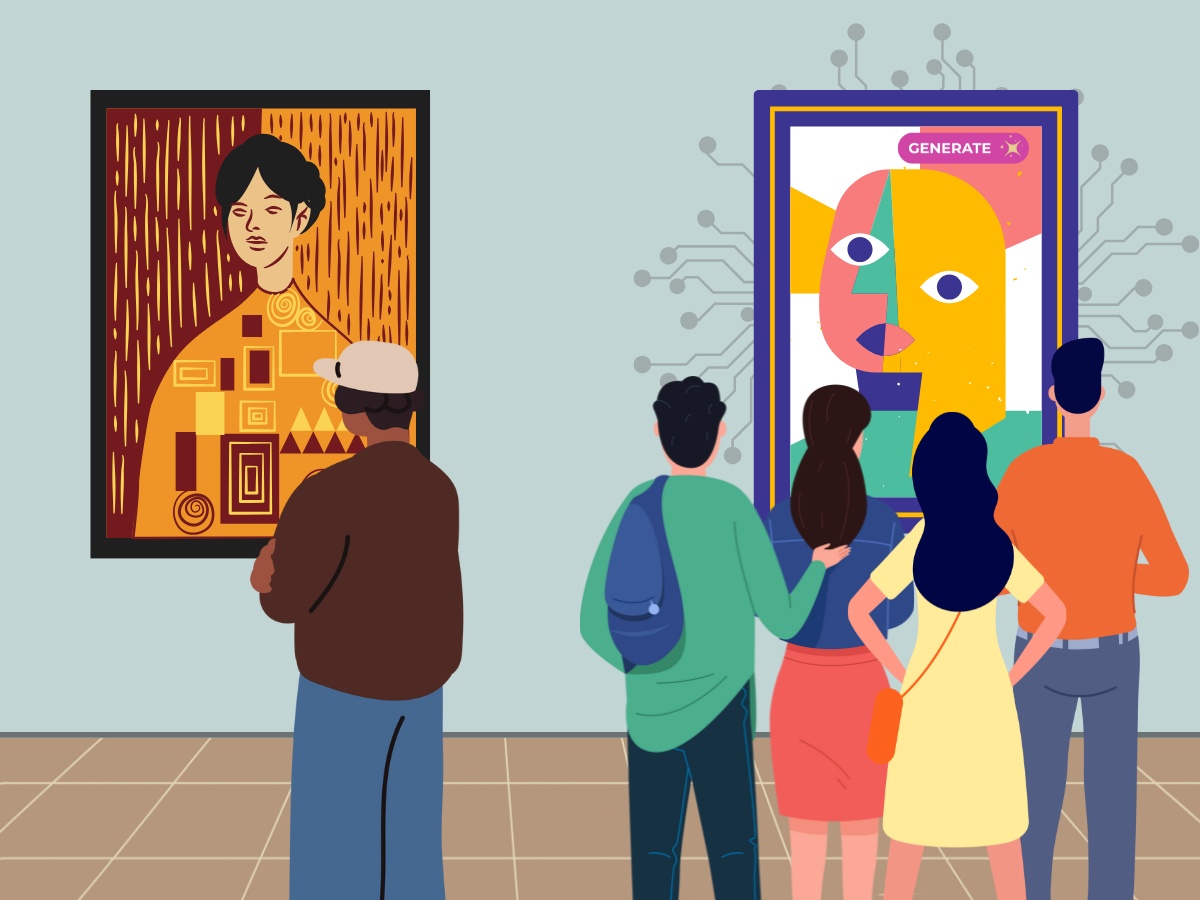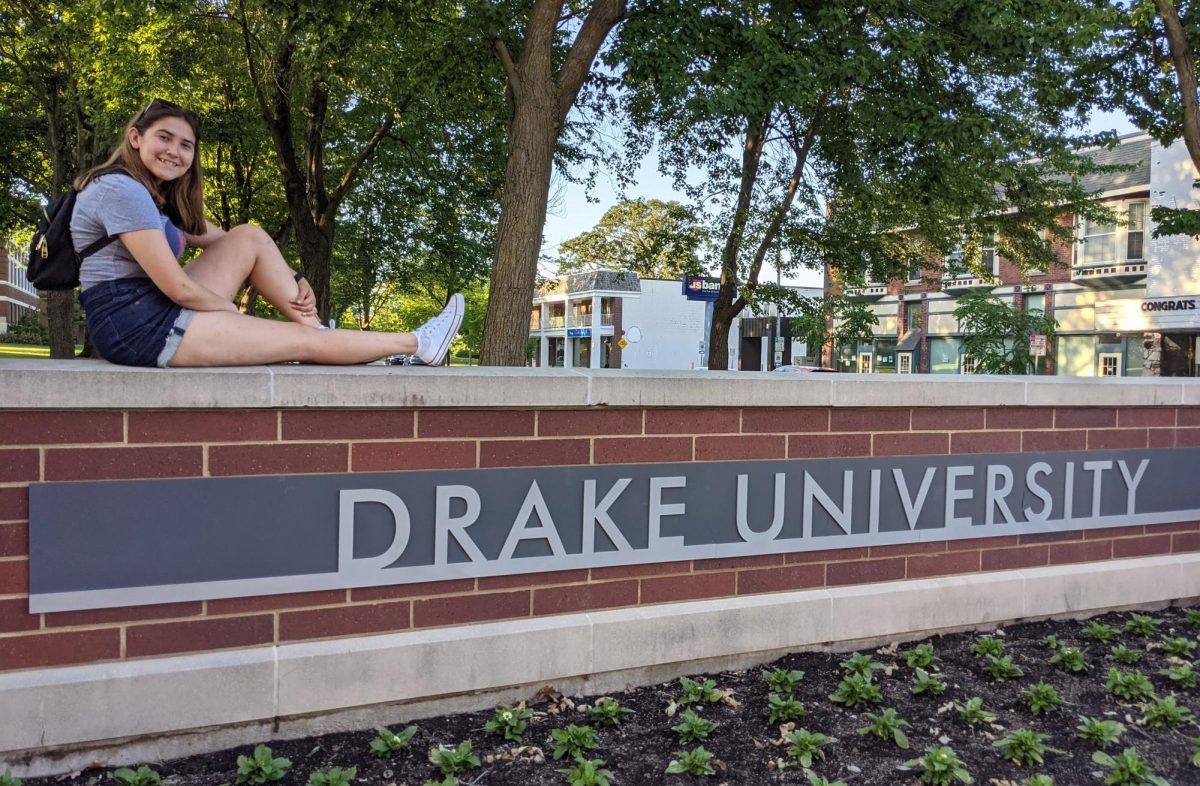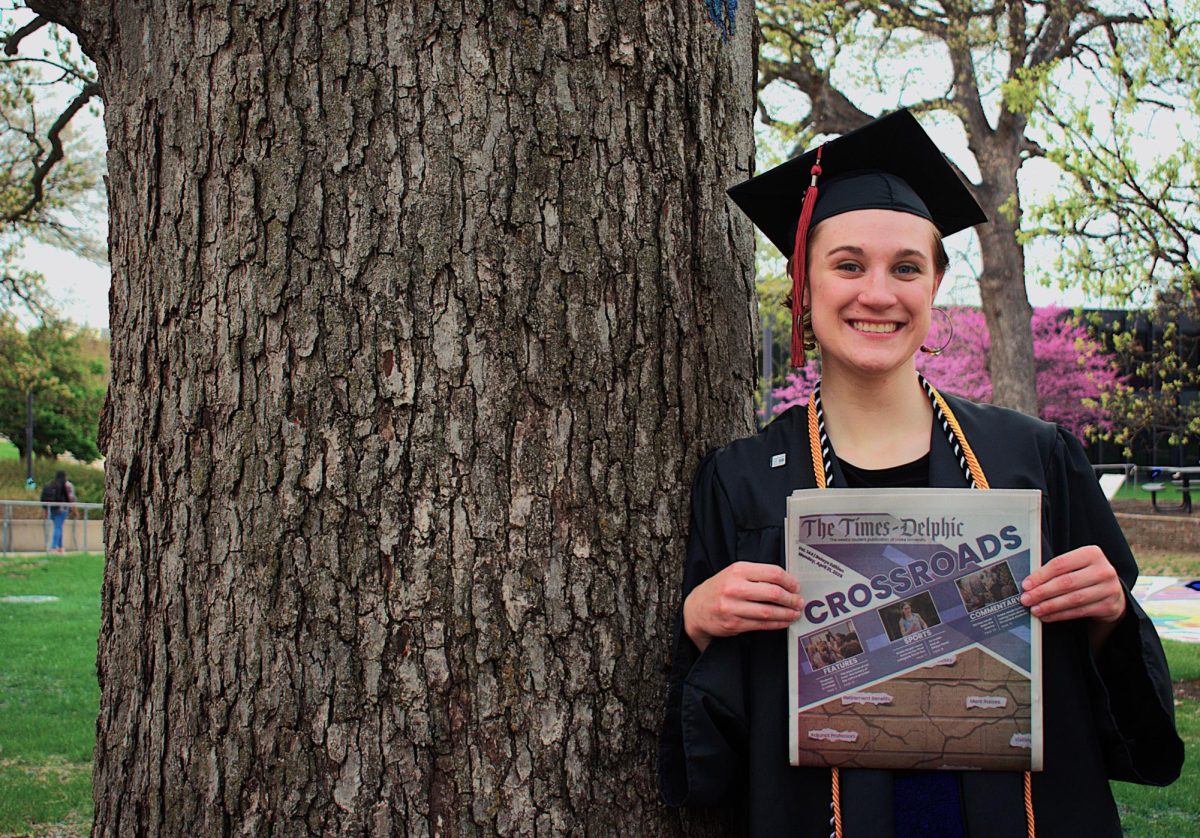Even if you don’t know what “cuffing season” is right off the bat, chances are you’ve noticed it in some way or another. It’s the beginning of the school-year buzz settling over all the unsuspecting, freshy-tanned, summer-loving student body as they step through the doors of the school feeling the annual push to re-engage with the social network in order to escape from schoolwork as often as they can — and maybe, just maybe, finally talk to the person they’ve been crushing on all summer.
To put it simply, cuffing season is the influx of established relationships that occur at the beginning of every school year. Yet, as with so many things in life, it’s merely part of a cycle — for when the final bell rings at the end of the year, the weather finding its warmth after shivering through the winter, the appeal to break off the “cuffs” of a relationship and any subsequent commitments takes over.
It’s an odd term to refer to a relationship: “cuffing.” It’s inescapable imprisonment with the aftertaste of expected tumult. It seems to imply that a cuffing season relationship is meant to be filled with all the glamor of passion without the comfort of dependence. It’s testing the waters at best, playing the social hierarchy at worst, using official titles like badges and dates like public appearances.
But the point of so many relationships that begin with cuffing season in mind is that they’re just meant to be fun. Truly the epitome of high school culture, figuring things out — because who knows what they want right off the bat? High school is filled with a mass of uncertain minds trying to grow into a body that begins to feel like a labyrinth of burnout and instability. A feeling often carried into college, the “best four years of your life” are when things start to make sense again — and, slowly, cuffing season becomes less desirable. In the “real world,” there typically aren’t those lazy summer months to spend away from it all, using solar power to recharge the spirit. So something stable, reliable, deeper becomes more appealing. Yet, it often takes longer to find.
The repercussions of cuffing season that extend beyond the “just for fun” side of it are the effects such notions have on what we perceive a relationship to be. The terms “boyfriend” and “girlfriend” — and even “partner” — have been tainted for me by the aforementioned social exploration that occurred during such formative years.
Suddenly, labels don’t have the intrinsic reputation that they should because I don’t know who’s “cuffing” someone just for fun and who actually wants to see where things go. To me, saying “boyfriend” and hearing “girlfriend” has always felt like a brag when I didn’t want it to be. Public shows of affection seem performative, recalling couples that used to walk through the halls holding hands, glancing around to see who’s watching, or kissing against the lockers during passing periods to then run off to their friends and recount the event. It boggles my mind that so many people — including one of my best friends — can still have so much trust in what others mean when they decide to make things “official,” that they can trust the other person isn’t just in it for the cuffing season and really will be a “partner in crime.”
How can they trust it when they tell each other, “I love you?”







